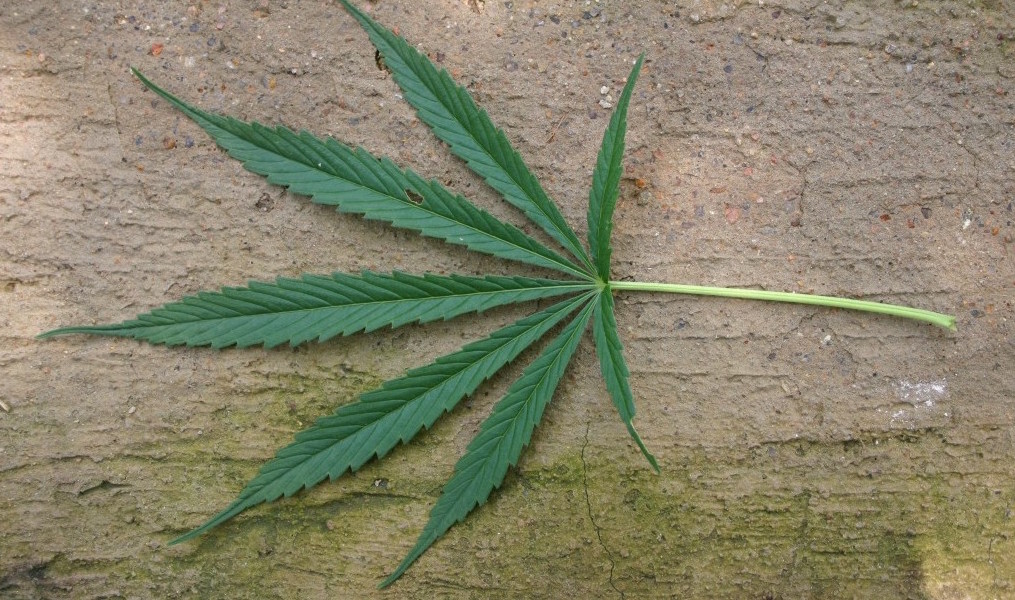Here’s one person who inhaled in his youth and beyond who will admit feeling uncomfortable about the legalization of cannabis, at least the way it’s being done, thought about and celebrated.
I’m a child of the ’60s, back when a single seed in a pocket put a friend of mine behind bars, and when traces of cannabis smoke in facial hair or clothes could get you convicted of “possession.” Police would go undercover, try to sell you a small amount of dope, and then bust you if you paid. Passing a joint to someone could be considered “trafficking.”
Make no mistake, I’m glad to see those days gone forever. Lives were ruined. But to put an end to that oppression, why did we have to make things so damned complicated?
We could have decriminalized cannabis in small amounts — say, an ounce or so. We could have expunged the criminal records of those whose lives were wrecked by the justice system for the “crime” of simple possession.
But this is Canada. We “legalized,” rather than decriminalized — meaning that there are more ways for a smoker of weed to stay illegal than you can shake a spliff at. Legalizing has brought with it the usual Canadian thicket of differing regulations, laws and policies at every level of government.
Where can you get it? It depends where you live. In Ontario, you can only get pot online. In the Northwest Territories, it’s being retailed through liquor outlets. Elsewhere, there’s a mix of private and government sellers. Grow your own? Well, the limit is four plants (except in Quebec and Manitoba, where they’re illegal), they must be grown from seed, and they must be kept entirely from public view — forget putting them by the window to get some sun. Can you buy it in edible form? Nope. Can you purchase hashish or kif or vape concentrates? Nope.
Be sure of one thing, though: a new government revenue stream has been created. Which is probably the whole point, come to think of it.
As for enjoying cannabis once you obtain it, tread carefully. Not in a boat, not in a car, not in a park (depends where you are), not in a pub, not on a beach, not near a school, not on the street….
An army of bureaucrats will ride this monster. Former anti-cannabis politicians and familiar names in policing circles are already wetting their beaks. “I was addressing a different era at that time,” says Julian Fantino, the former Toronto police chief who once compared the legalization of marijuana to legalizing murder. Ah, yes: that was then, but this is now, and there’s good coin to be made.
What of those carrying criminal records for purchasing what various ex-politicians and cops are now selling? The Trudeau government will be offering expedited, fee-free pardons, which seems reasonable enough, except for the fact that for jobs and housing, convicted dope-smokers will still have to note their criminal convictions on their applications.
Expungement, in which all records pertaining to the former offence are destroyed and the offence is deemed never to have been committed, makes more sense. There is currently a bill in Parliament that proposes just that, but there is no indication that the government will support it. Partisan politics being what they are these days, don’t hold your breath.
This vast, trundling, defective behemoth of “legalized cannabis” is now loose upon the country, and I, for one, am not celebrating. It’s a dinosaur designed by a committee.
Why not just stop arresting and charging people for possession? Nah, too simple. Too simple by half. This is Canada, after all.
John Baglow is a former VP of PSAC, currently a writer and researcher, public policy consultant, occasional academic and poet.
Photo: Rotational/Wikimedia Commons
Help make rabble sustainable. Please consider supporting our work with a monthly donation. Support rabble.ca today for as little as $1 per month!




